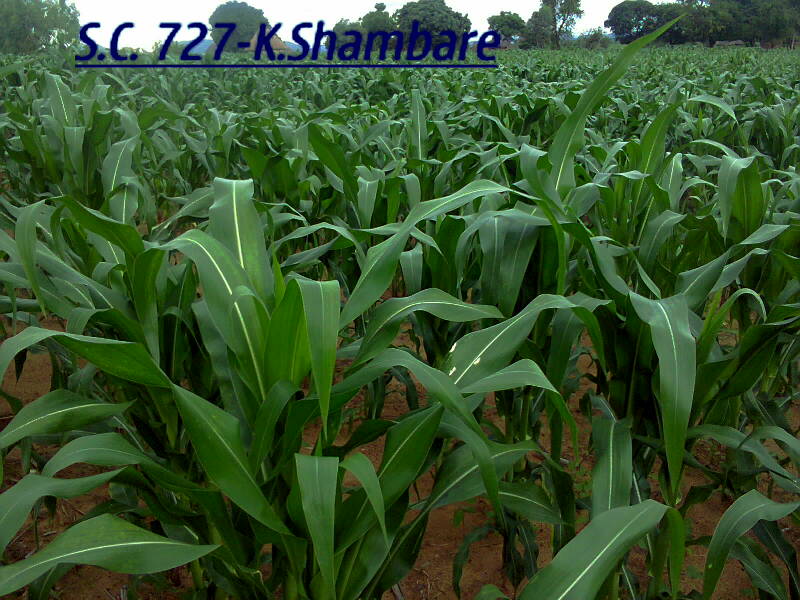
AGRICULTURAL Rural Development Authority (Arda) board chairman Basil Nyabadza yesterday decried lack of investment in seed houses and manufacturing, saying the country had now become a market for seeds from other countries, instead of being a major producer.
BY VENERANDA LANGA
Nyabadza had appeared before the Parliamentary Thematic Committee on Sustainable Development Goals, led by Chief Lucas Mtshane, to speak on food security and command agriculture.
“Years ago, we used to be a stronghold of seed varieties, which were born and bred in Zimbabwe, but now, they are all over Africa because we failed to securitise them, and we have become a market for seed instead of a producer,” he said.
“I appeal to Parliament to revisit the management of seed in this country, and Arda seed is not well funded and yet we have the capacity to supply seed to the rest of the country.”
Nyabadza told Senators that production of seed for small grains was weak, with no support in terms of funding and research, and yet small grains were nutritional.
He said in the past 10 years, Arda had not received financial support from government, but had innovated by bringing in partners on board through contract farming.
“Command agriculture has been successful in the first year and last year, we were talking of how to import maize from Zambia and Mexico, but now we are talking of logistics of how to store our grain,” Nyabadza said.
- Chamisa under fire over US$120K donation
- Mavhunga puts DeMbare into Chibuku quarterfinals
- Pension funds bet on Cabora Bassa oilfields
- Councils defy govt fire tender directive
Keep Reading
“We are generating employment, and with good harvests are now able to supply raw materials to food processors.”
He said a tomato-processing plant would be opened next year at Esigodini after Arda secured funding from Agribank.
“There will be a rural outgrowing programme at Esigodini to do tomatoes, mangoes and granadillas. Italian engineers have visited the plant and qualified it and 80% of the required equipment is now in place,” the Arda boss said.
Some of the challenges that Arda faced included illegal invasion of their idle land by settlers at areas like Chisumbanje, Mutasa, Chiredzi and Muzarabani.
“Due to the absence of economic activity on the vast tracts of Arda land, villagers encroached and used the land. They knew it was State land, but the problems came when we got partners on public-private-partnerships and we had to remove the resettled farmers,” Nyabadza said.
The Arda board chairman suggested that millers must pay an extra $10 to farmers so that the maize producer price gets to $400 per metric tonne.
“Government offers $390 per metric tonne to pay for maize, and it is the highest in the world. We buy maize meal at $700 per metric tonne, but millers are the ones that benefit,” Nyabadza said.
“We believe that farmers must participate in production whether it is maize, cigarette production or tobacco. We are saying next year, millers should pay an additional 10 cents per tonne so that farmers also take the profit.”











